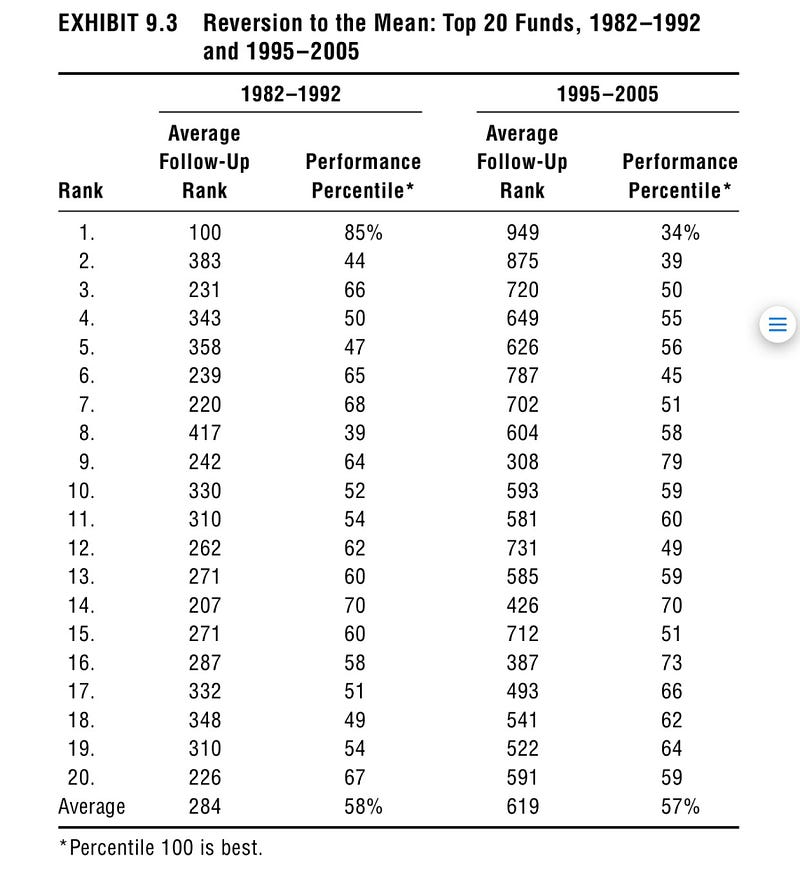赢得好感公式:次数频繁,距离靠近,时间持久,质量高
赢得别人好感可以从四个维度着手:频率,距离,时长和强度。
尽量出现在你想要赢得好感的那个人周围,越靠近、越频繁越好。因为拥有相同的环境的人更有可能彼此吸引。
其次, 相处的时间长短很重要。你和某人在一起花的时间越多,你越有可能影响到他们从而让他们喜欢上你。 相处质量-即在有效时间内,通过释放善意的信息,在多大程度上可以满足另一个人的心理、生理需求 。
用身体语言表示好感:动眉毛,头部倾斜,微笑
与萤火虫通过发光器官来吸引交配对象相似,人类使用眉毛的上下运动来吸引关注。
即使从远处做这个动作也可以告诉对方你没有恶意。
第二个身体动作是头部的倾斜。这也是一个没有任何恶意的姿势,因为在你的头向左或向右倾斜的时候,你会露出你的动脉血管。潜意识里,我们只会向那些对我们无害的人露出血管。相反,如果我们觉得受到了威胁,我们会将脖子向肩膀收缩来保护自己。那些与别人谈话时头部向对方倾斜的人比起头部保持竖直的人显得更加友好,善良,真诚。
第三个强有力的身体语言是真诚的微笑。我们通常认为笑脸更可爱,更有吸引力,更友好,且不那么强势。更棒的是,微笑还释放内啡肽,让我们身心舒畅。很难做到不对向你微笑的人回以微笑;一个回应微笑也会让对方如沐春风。
想要别人喜欢,先使别人觉得感觉良好!
到现在为止,你已经释放出足够的善意了,是时候开始交谈了。 到底该如何进行呢?
社交的黄金定律是,如果你想要别人喜欢你,你先要让别人对他们自己感到满意。事实上这一条是所有成功关系的核心。人们被那些可以让他们开心的人吸引,因为他们想要回报以同样的正面能量给他们。想要以更低的价格买到东西?和卖东西的人聊天,让他们感到开心也许有用。
采用“同理心”的谈话策略。使对话一直围绕对方而不是自己身上。比如你看到卖东西的人站在那里一天很辛苦,可以以问候为谈话的开始。
社交进阶公式:吸引力法则
目前为止,我们已经介绍了社交的基本公式。然而在社交理论里,还有一些其他的技巧,比如“吸引力法则”。
吸引力法则定律一, 相似定律, 即选择那些和你持有相同原则或价值观的人成为朋友。该定律有效的原因是相似的人在一起会强化相似的部分从而促进相互吸引。如何运用这个定律呢?你可以在你想展开良好关系的那个人身上找你们的共同点开始对话,
注意避开那些你们并不是都感兴趣的话题。
另一个定律是“好奇心定律”,即当你对一个人表现出好奇心的时候,你也自动引发了对方对你的兴趣。好奇心是人类普遍的特性,你也可以创造“好奇心”来引起你感兴趣的人对你的兴趣。比如,在某些社交场合表现的与众不同特立独行意味着很有可能别人会来找你攀谈,问你为什么这样表现。
第三个定律,互惠定律,即礼尚往来。你可以按下面的例子来实践这条定律,比如你给别人买了咖啡或者顺便带了什么东西,当他们说谢谢你的时候,先别说“不客气”,而说“我知道你也会为我做这些的。”这样就激发了互惠的机会。
让他人讲自己的故事:
首先,你要懂得倾听。如果你在讲一个故事的时候听的人心不在焉,总是望向别处,这感觉是不是很烦?通常来讲,说话的人很清楚对方有没有在听,所以在别人说话的时候要注意倾听,保持眼神交流,千万不要打断别人。
第二,在互动时注意观察对方的身体语言。有些动作,比如向后退,双臂交叉在胸前或者双唇紧闭都是目前的对话进行不妙的表现。如果你看到了这种行为,你可能一直在讲你自己。当对方没有很好的融入你们的互动时,马上转移到对方更感兴趣的话题上。
第三,你回应对方的方式和内容也会影响到你是否能成功社交。你的语气对于你想传达的信息也很重要。比如,低沉得散心音通常与浪漫有关,而高音则表明有意外的情绪。另外一个显而易见的是,你说了什么内容会影响其他人对你的看法。记得要通过认可他人,赞美他人来让别人感觉很好而将你视为朋友。
最后,用共鸣或同理心来让他人知道你理解发生在你们周围的事。比如你可以这样表达你的同理心,在一个服务生很忙的时候你对他说“哦,你这么忙,我都不知道你怎么应付过来的!”
亲密度:验证关系的砝码
亲密的意思是你和别人的关系是建立在互相理解的基础上的。本质上来说,亲密确保你们发展的友谊对双方都有益。测试亲密与否可以让你知道你们的关系进展。亲密度在人们的心理之间搭了一座桥,并可决定友谊的高度。如果你想要开展并维系一段长期的关系,或者仅仅是想从一面之缘的陌生人那里捞点好处,你需要通过测试你们的亲密度来明确你是否可以达成目标。
怎样测试呢?对视是一个百试不厌的方法。如果一个人拒绝在你身上停留目光,那么你还需要加把劲使得你们可以有长时间的眼神交流。
你也可以通过观察行为的方式,比如轻轻触摸或者是模仿对方的动作来测试。由于我们和比人不熟悉的时候,通常只是短暂的触摸彼此肩膀以下部位或握手,碰触其他部位就可以昭示你们的关系非比寻常了。当你们都就坐的时候轻触对方小臂或膝盖可以看出你们的关系亲密与否。
由于心理联系紧密的两个人在谈话时会模仿对方的动作,你也可以通过镜像模仿对方的动作来测试亲密度。做这个,你需要用“领导与跟从”的方式改变你的身体姿势,比如交叉或打开双臂。如果另一个人模仿了你,便证明你们之间的亲密度是很高的。












